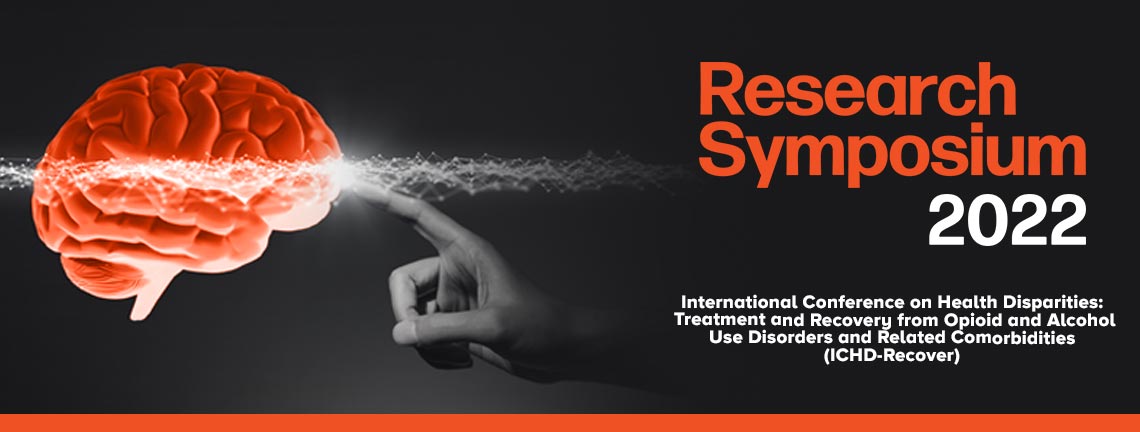
Posters
Presentation Type
Poster
Discipline Track
Community/Public Health
Abstract Type
Research/Clinical
Abstract
Background: Adverse childhood experiences (ACEs) represent types of childhood trauma that are associated with long-term negative effects on health and wellbeing. An elevated number of ACEs can lead to depression, suicidality, alcoholism, and substance use. Factors that can protect a person from increased health risks include resilience, which is broadly defined as the ability to bounce back from adversity. Few studies have analyzed the exposure of ACEs in medical students, however, there is extensive literature on how low levels of resilience are linked to higher rates of depression, fatigue, and burnout among medical students. Little is known about the relationship of ACEs and resilience measured by the Connor-Davidson Resilience Scale (CD-RISC) across all four-year classes of medical students in the United States. The objective of this scope review is to explore and synthesize the existing research that analyzes the effects of ACEs and resilience by utilizing the CD-RISC in medical students.
Methods: In this scope review, we searched three electronic databases for studies reporting on ACEs exposure and resilience with the CD-RISC on medical students. We were particularly interested to see if any of these studies had any associations of ACE and CD-RISC scores on academic performance of medical students. Cross-sectional studies that evaluated ACEs and/or the CD-RISC amongst medical students were included for analysis.
Results: This study included 4 studies that examined the exposure of ACEs on medical students and 16 studies that examined CD-RISC scores in medical students. The mean CD-RISC score for medical students was generally below the mean for the general population in the U.S. There has not been any research performed with the CD-RISC 25-item scale on medical students based in the U.S. Additionally, there has not been any studies with the CD-RISC 10-item scale that includes all four-year classes of medical students in a U.S. institution.
Conclusion: Resilience and ACEs are important factors that impact the health of medical students. The findings of this review indicate ACEs can have negative health outcomes, such as depression and suicidal ideation. With medical students already being at an increased risk for mental illnesses and burnout, ACE exposure and low levels of resilience may negatively affect academic achievement. Therefore, additional studies using the ACEs survey and the CD-RISC are needed to further examine their relationship to academic performance in medical students.
Recommended Citation
Soto Abarca, Andrea; Cortino, Yvette; Lopez Alvarenga, Juan Carlos; and Guevara, Maya, "Adverse Childhood Experiences and Resilience in Medical School Students: A Scope of Medical Literature" (2023). Research Symposium. 7.
https://scholarworks.utrgv.edu/somrs/2022/posters/7
Included in
Educational Psychology Commons, Educational Sociology Commons, Mental Disorders Commons, Psychiatric and Mental Health Commons, Substance Abuse and Addiction Commons
Adverse Childhood Experiences and Resilience in Medical School Students: A Scope of Medical Literature
Background: Adverse childhood experiences (ACEs) represent types of childhood trauma that are associated with long-term negative effects on health and wellbeing. An elevated number of ACEs can lead to depression, suicidality, alcoholism, and substance use. Factors that can protect a person from increased health risks include resilience, which is broadly defined as the ability to bounce back from adversity. Few studies have analyzed the exposure of ACEs in medical students, however, there is extensive literature on how low levels of resilience are linked to higher rates of depression, fatigue, and burnout among medical students. Little is known about the relationship of ACEs and resilience measured by the Connor-Davidson Resilience Scale (CD-RISC) across all four-year classes of medical students in the United States. The objective of this scope review is to explore and synthesize the existing research that analyzes the effects of ACEs and resilience by utilizing the CD-RISC in medical students.
Methods: In this scope review, we searched three electronic databases for studies reporting on ACEs exposure and resilience with the CD-RISC on medical students. We were particularly interested to see if any of these studies had any associations of ACE and CD-RISC scores on academic performance of medical students. Cross-sectional studies that evaluated ACEs and/or the CD-RISC amongst medical students were included for analysis.
Results: This study included 4 studies that examined the exposure of ACEs on medical students and 16 studies that examined CD-RISC scores in medical students. The mean CD-RISC score for medical students was generally below the mean for the general population in the U.S. There has not been any research performed with the CD-RISC 25-item scale on medical students based in the U.S. Additionally, there has not been any studies with the CD-RISC 10-item scale that includes all four-year classes of medical students in a U.S. institution.
Conclusion: Resilience and ACEs are important factors that impact the health of medical students. The findings of this review indicate ACEs can have negative health outcomes, such as depression and suicidal ideation. With medical students already being at an increased risk for mental illnesses and burnout, ACE exposure and low levels of resilience may negatively affect academic achievement. Therefore, additional studies using the ACEs survey and the CD-RISC are needed to further examine their relationship to academic performance in medical students.

